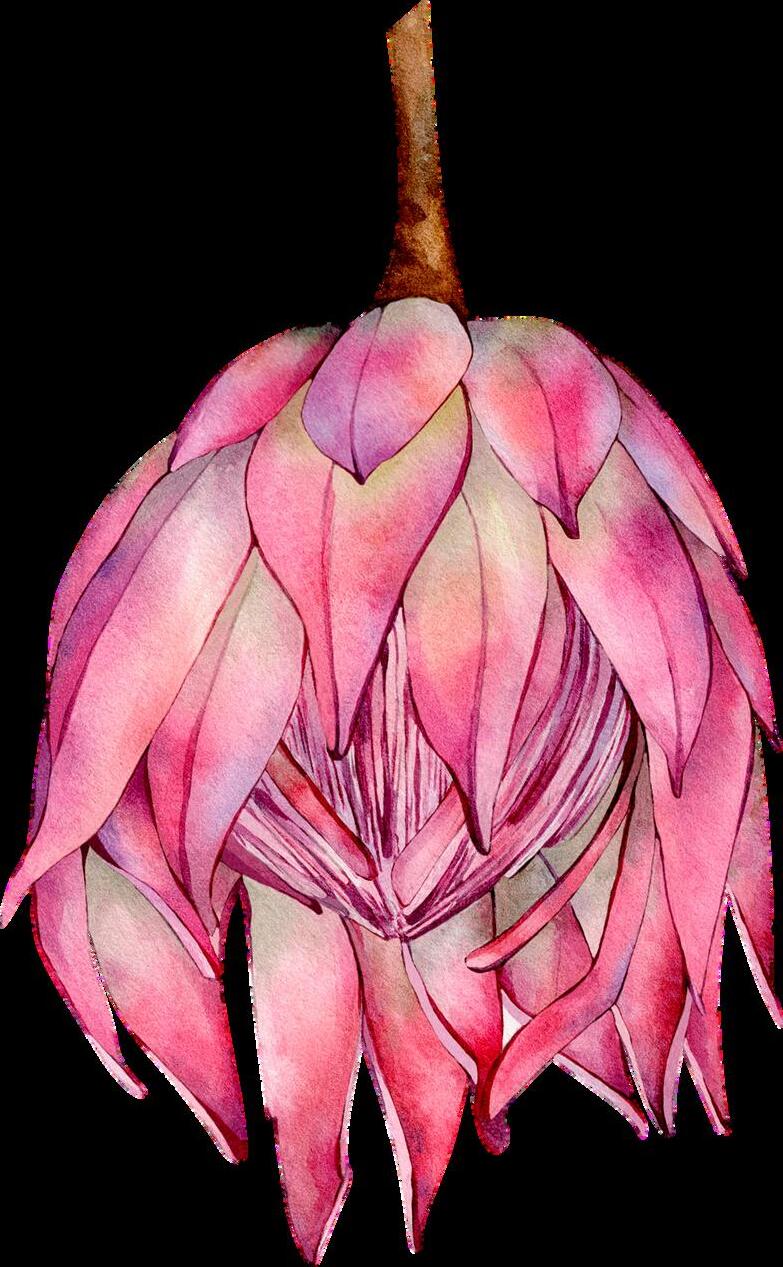
2 minute read
SOME SUNAN REGARDING EATING
1. To place a dastarkhan on the floor at which one will sit and eat.
2. To wear a scarf or a topi/ kufia when eating.
Advertisement
3. Wash hands before (and after) eating. Rasoolullah ﷺ said that the blessings of the food are received by washing the hands before and washing the hands after eating it.
4. To sit on the floor (at the dastarkhan) and eat. One can sit in any of the following positions: squatting/ tashahud position/ on one leg and having the other raised.
5. To make intention that one is eating to gain strength to perform the ‘Ibaadah of Allah
6. To recite the du’aa before eating:
In the name of Allah and with the blessings of Allah.
7. To eat with 3 fingers on the right hand.
8. If several (2 or more) people are eating together, then each person should eat that food which is closest to him. It is incorrect to eat that which is in the middle or in front of others.
9. To drink in 3 sips, taking a breath in between each sip. One should not gulp down the drink as camels do.
10. Rasūlullah ﷺ used to induce people to be sparing in their eating and he ﷺ used to say let 1/3 of the stomach be for food, 1/3 for drink and 1/3 be left for air. Our Beloved Nabi ﷺ only ate when he was hungry and stopped eating when he could still eat (he ﷺ never ate to his fill).


11. The habit of gargling the mouth and washing the hands after eating is a source of great blessings.
12. If one recites this du’aa after eating, then, if Allah ﷻ wills, the reader’s minor sins will be forgiven:
All praise is due to Allah, who has fed me this food and made me eat it without any effort and striving from my side.
“ and recite the Quran ˹properly˺ in a measured way ”
Idh-haar means to pronounce a letter clearly and distinctly without making Ghunna. When any of the 6 letters appear after Noon Saakin or Tanween, one should pronounce the letter clearly and distinctly without making Ghunna.
There are 6 letters of Idh-haar. They are known as Huroofe Halqi – the throat letters. The Makhaarij of these letters are from the throat. Makhaarij is the place of articulation/ the place from which the letter is emitted.


An easy way to remember the letters of Idh-haar are in the order (from right to left):
Places in the throat where the letters originate
Who was the first woman to memorize the Noble Quraan?


Hadhrat Aa'ishah Siddīqah ﺎﻬﻨﻋ ﷲ ﻲﺿر was the first lady to memorize the Noble Quraan.
Can one perform Sa'ee between safa and marwa without wudhu?
To be in the state of wudhu is desirable for Sa'ee. However, if one is not in wudhu then the Sa'ee will be valid but for tawaaf wudhu is compulsory.
How often should one remove unwanted hair?
It is compulsory upon every Muslim to remove the public and underarm hair once every 40 days. It is highly desirable to shave or remove unwanted hair on a weekly basis.
Q: Is it permissible to make masah on normal socks or stockings?
A: According to all 4 schools of jurisprudence it is not permissible as it must be of leather or some other thick fabric
Q: Must a widow leave her home when her iddat expires?
A: It is not compulsory that she must leave her home after the iddat expires. However, she should wear jewellery, apply henna,wear new clothes in the confines of her home
Q: What rings are women permitted to wear?
A: A woman may wear rings made of gold and silver only. Rings made from other metals apart from gold and silver are not permissible.




